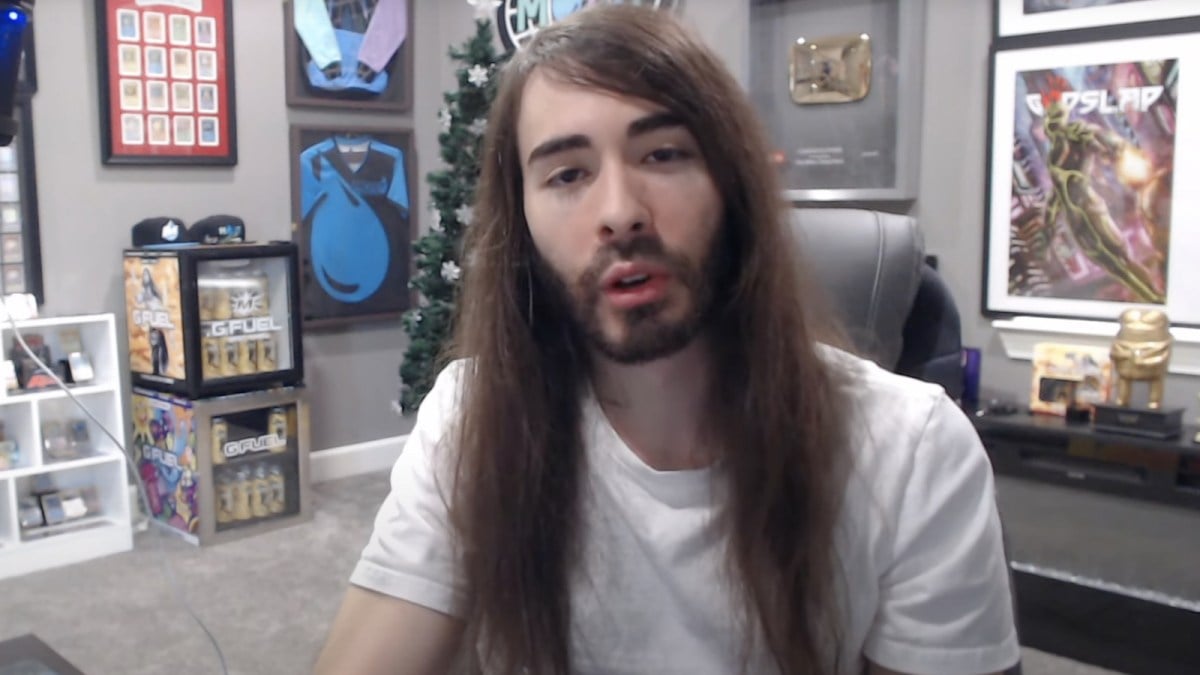TwitchCon Las Vegas has come to a close, but the excitement over one particular change continues to rumble on. Popular streamer MoistCr1TiKaL has designated an update to the simulcasting policy, creating a new sense of freedom for content creators, a “game-changer.”
In a video titled Actually Huge Twitch W, streamer and esports organization owner MoistCr1TiKaL shared his overwhelmingly positive thoughts on the breakthrough that finally gives users the freedom to simulcast without fear.
“We are witnessing history,” he said. “I feel like some of the people that took the first manned airplane flight, where you know what you have just experienced is a game-changer.”
The 29-year-old would go on to admit that he thought Twitch would not back down from its stricter ruleset. Despite this being a rarity over the past decade, the shift is truly something the company can take in stride and be applauded for.
Simulcasting, for those unaware, is the act of streaming the same content to two different platforms at the same time. For the longest time, Twitch’s stance on this useful tool to reach wider audiences was foggy at best. The general reaction toward your everyday user was relatively indifferent, demonstrating a firm belief in its site. Partners performing this action were frowned upon, although this is a little more understandable given their contractual obligation.
In June 2023, however, a far sterner approach was unveiled through a comprehensive ban on simulcasting. Only mobile platforms such as Instagram and TikTok could circumvent this policy.
CEO Dan Clancy and his team have now backtracked on this wildly unpopular decision; Clancy himself announced that simulcasting would be legal in his keynote speech on the AREA15 mainstage. This does come with a few caveats. Streamers are not permitted to direct their community to other sites or publicly show combined chats/activities. Finally, simulcasting must not impede the quality of the stream, although this final point seems a little redundant. Why would users accept a bad viewing experience, after all?
You won’t find much argument here. Twitch’s simulcasting ban was one of the key factors leading to the rise in popularity of controversial rival Kick. Clancy has only been in charge since March of this year, so demonstrating humility will go a long way to repairing relationships with many disgruntled entertainers.
Perhaps the highest-profile departure from the website was Ninja, who joined Kick soon after Twitch implemented its simulcasting ban. Whether he regrets that decision now is hard to say unless you’re the man himself. In response to the news, he shared a simple smiley face when reposting the announcement on Twitter.

